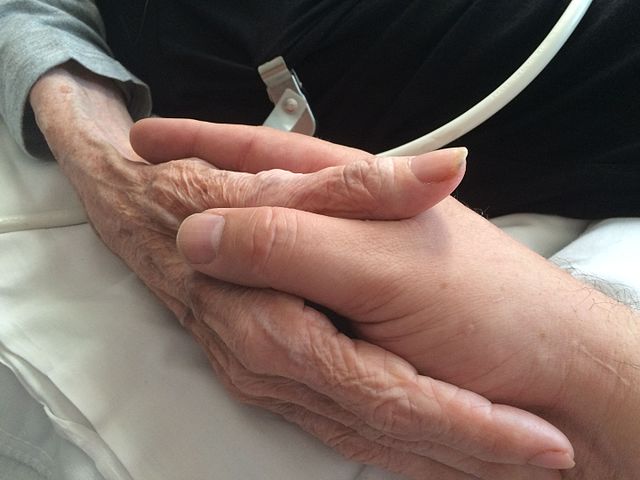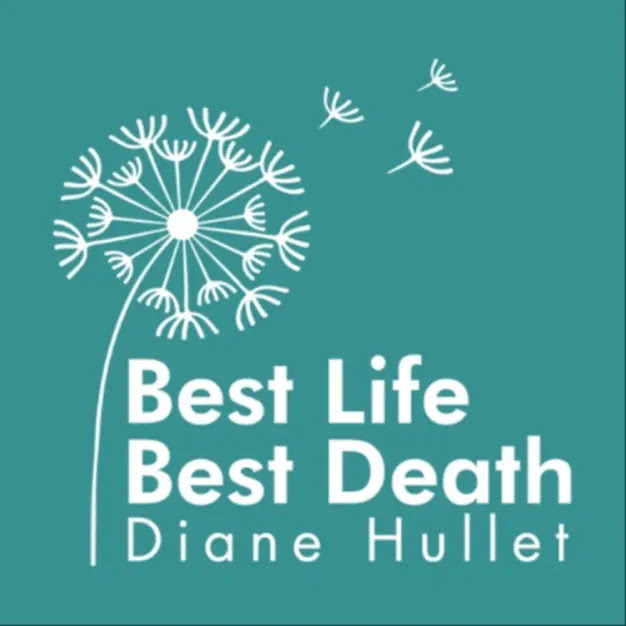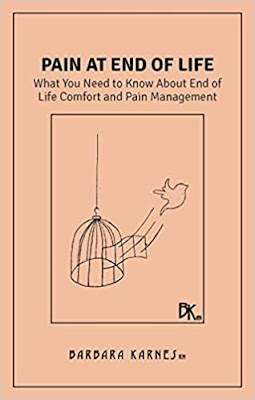Cancer Diary: Saying Goodbye When Goodbye Isn’t Possible

Not everyone wins their battle with cancer. As painful as that is to say—and even harder to write—it's true. For those of us walking this road alongside someone with cancer, we carry hope, strength, and belief for as long as we possibly can. But sometimes, the ending isn't triumphant. Sometimes, it's simply… the end. That was the case with Carl . Carl had Cancer of Unknown Primary ( CUP ), one of the most elusive and aggressive forms of cancer. With no known origin, it hides in plain sight and resists targeted treatment. Fewer than 15% of patients with CUP survive beyond one year, a statistic that, while low, has improved considerably since Carl fought his battle. When Carl knew the miserable odds, he believed he would be one of the rare exceptions. He expected to win. That expectation, though inspiring in the early days, slowly became a barrier. As his body declined rapidly over five short months, the signs were all there: treatment wasn’t working, strength was fading, ...





